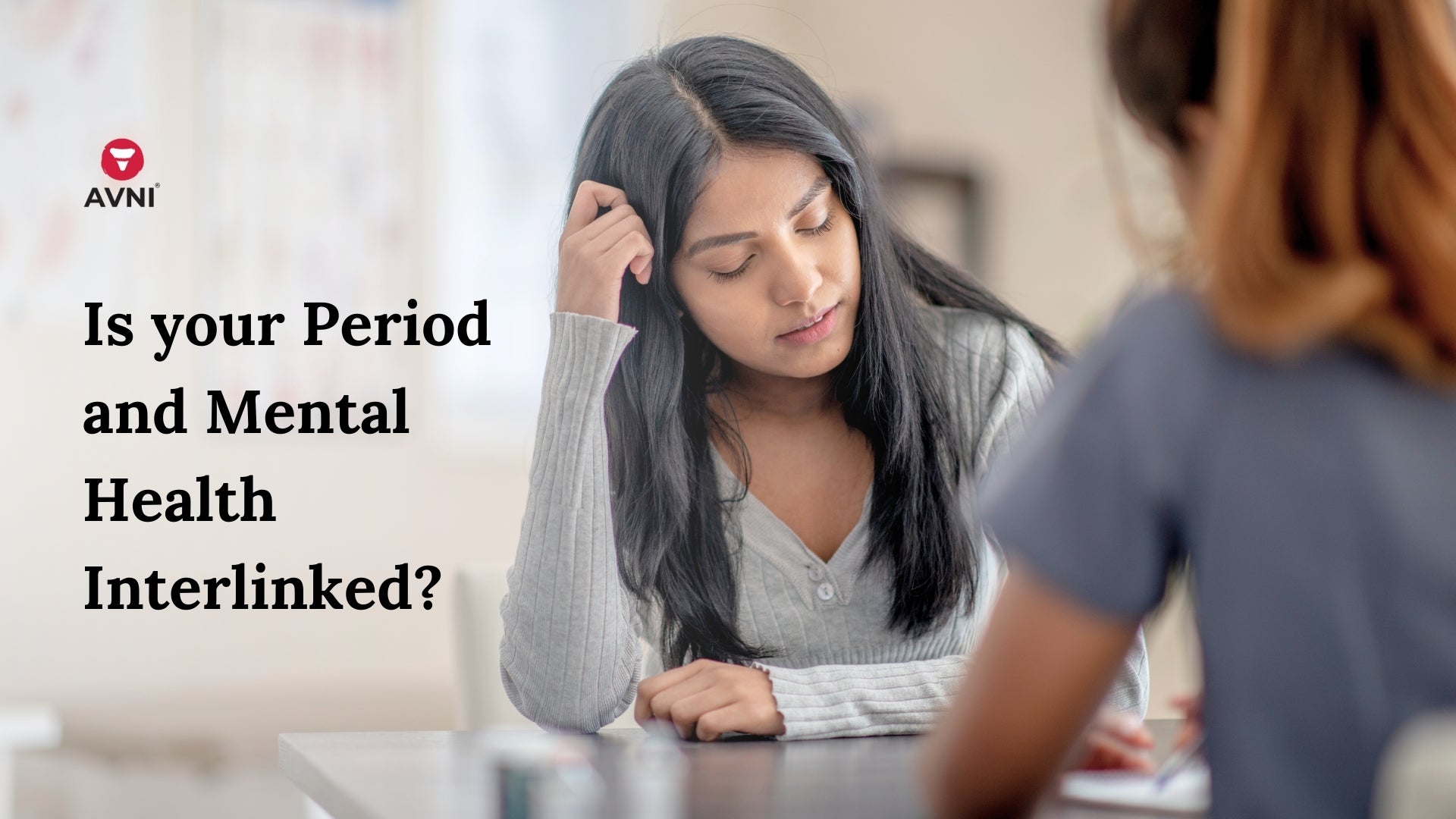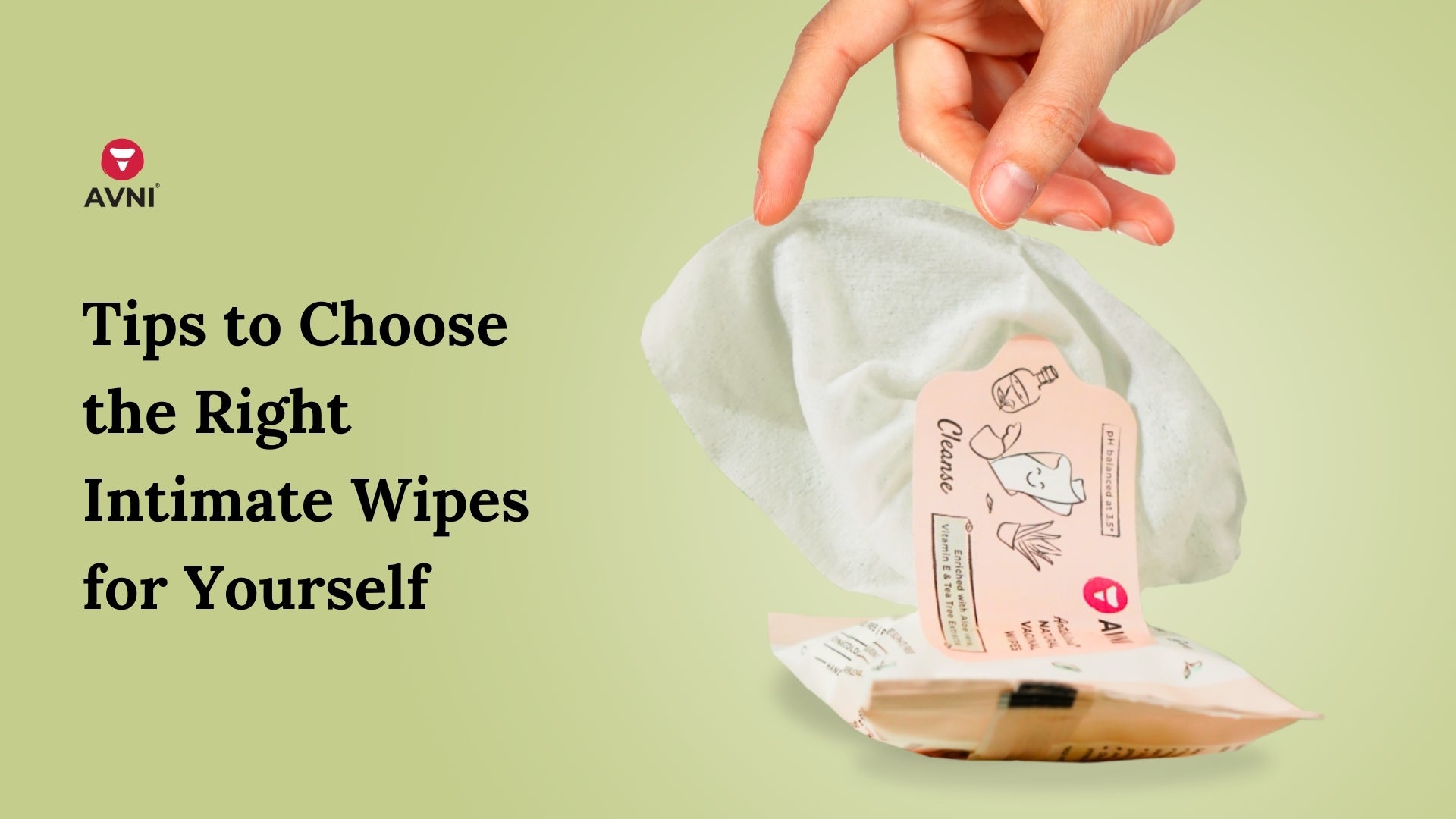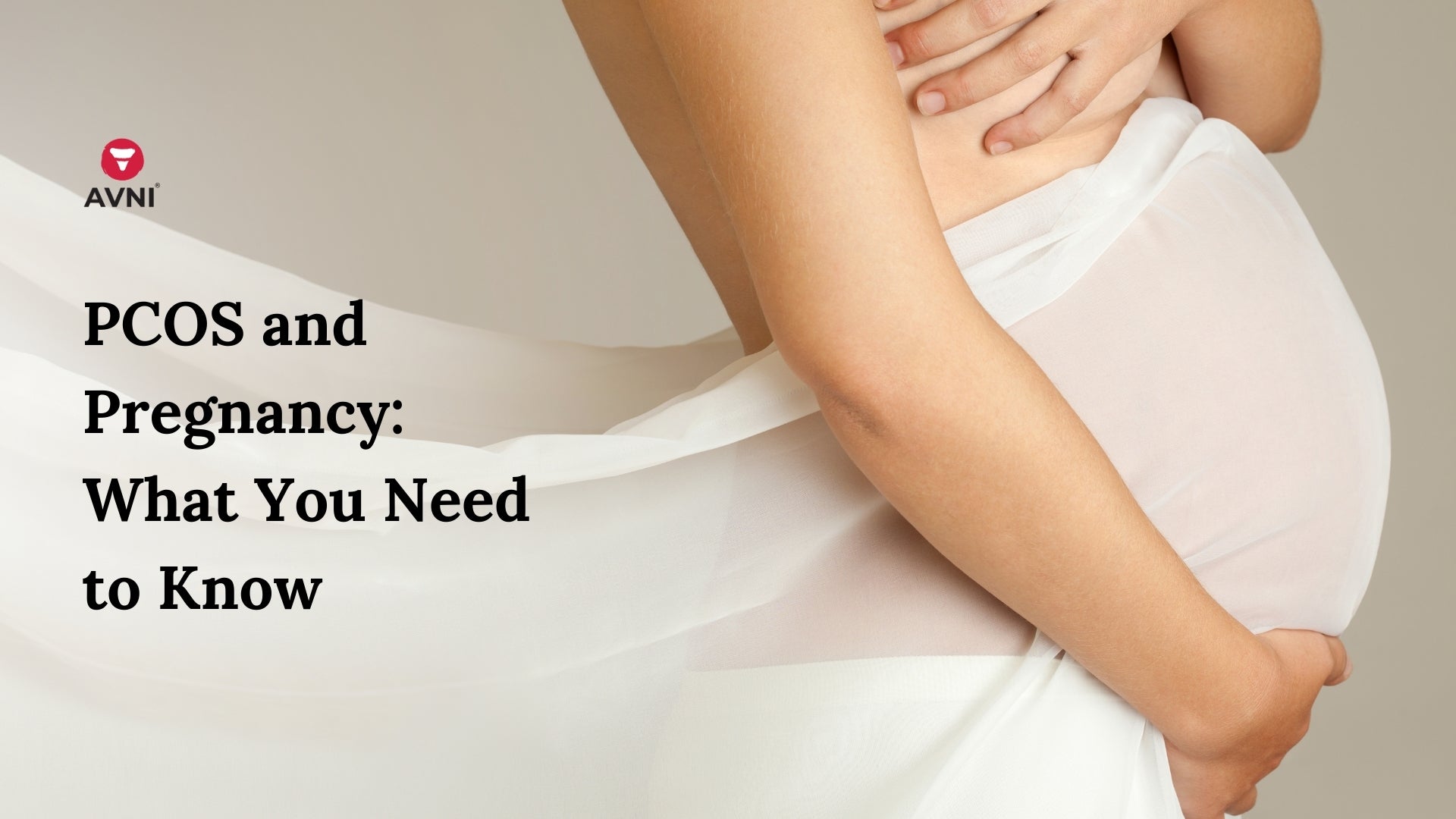
Is your Period and Mental Health Interlinked?
This has been quite normal for women to be asked “is it that time of the month?” whenever we feel a bit under the weather; mentally. It is already difficult to deal with the physical pain that we go through during the menstrual cycle. And it's all the more difficult for most women going through premenstrual syndrome or PMS, in short.

It is a fact that 90% of women go through at least one symptom of PMS before their periods. In some women, premenstrual syndrome symptoms become severe leading to premenstrual dysphoric disorder or PMDD. About 3% - 5% of women experience PMDD symptoms.
PMDD symptoms include all the PMS symptoms including bloating, headaches, and breast tenderness. Aside from that, emotional and behavioral changes are also quite common - like hopelessness, mood swings, constant craving for food, sleep problems, severe stress, anxiety, and irritability. All these can lead to panic attacks, fatigue, and even depression.
The hormonal changes that occur during your menstrual cycle can have a huge toll on your mental health. The levels of estrogen and progesterone are low during your periods. Studies show that low levels of estrogen can lower the levels of serotonin and dopamine, the happy chemicals released by your brain. So, maybe now it makes sense why you feel so upset during your cycle?
Not only does the menstrual cycle have an effect on mental health, it is also the other way around. Your mental health can also affect your periods. Severe stress and anxiety can decrease the duration of your menstrual cycle. There's even a chance you might miss your periods for one or more months. A study also shows that stress can induce dysmenorrhoea. All in all, stress is not good for your menstrual health.
But there's a ray of hope. There are ways you can adapt to cope up with stress and anxiety disorders. By making simple changes in your lifestyle and behavior patterns. For example -
- Changing your lifestyle by practicing yoga regularly is a great way to help you to fight stress and anxiety.
- Meditation can also be an effective practice to improve your mental health and bring peace and clarity.
Nonetheless, it is always advisable to seek help from a professional therapist in case you think you have any underlying mental health related disorders, like anxiety, depression or bipolar disorder.
While you recognize your mental health issues, there are ways to deal with PMS symptoms as well.
- Increased intake of vitamins B6, and minerals, like Magnesium, Calcium and Iron can help you cope with PMS. Although it is true that you crave sweets and snacks more during your periods, keep in mind that sweets can make your PMS symptoms worse.
- Consult with a professional yoga trainer. Yoga can help you deal with period pain as well as reduce PMS symptoms.
- Drinking and smoking can make your PMS symptoms worse. So, it is best advised to avoid them.
- Our body clock can be hampered due to excessive PMS symptoms. So, take rest as much as possible. At work, always prioritise rest over working overtime during your periods.
- Herbal remedies like ginkgo, ginger, chasteberry (Vitex agnus), evening primrose oil and St. John's wort have effective results in controlling PMS symptoms.Though their scientific evidence is yet to be found.
- Use of essential oils and indulging in aromatherapy like chamomile, sage, lavender, neroli can help you sleep better and give you relaxation from the painful cramps and PMS.

PMS or PMDD symptoms are normal up to a certain extent. Every menstruating woman goes through one or more of these symptoms. So, no need to overthink about minor PMS symptoms.
But if these symptoms become serious, like severe depression with suicidal thoughts, uncontrolled thoughts, severe panic attacks, and thoughts of harming yourself or others, please don't hesitate to seek medical help!



Leave a comment
This site is protected by hCaptcha and the hCaptcha Privacy Policy and Terms of Service apply.